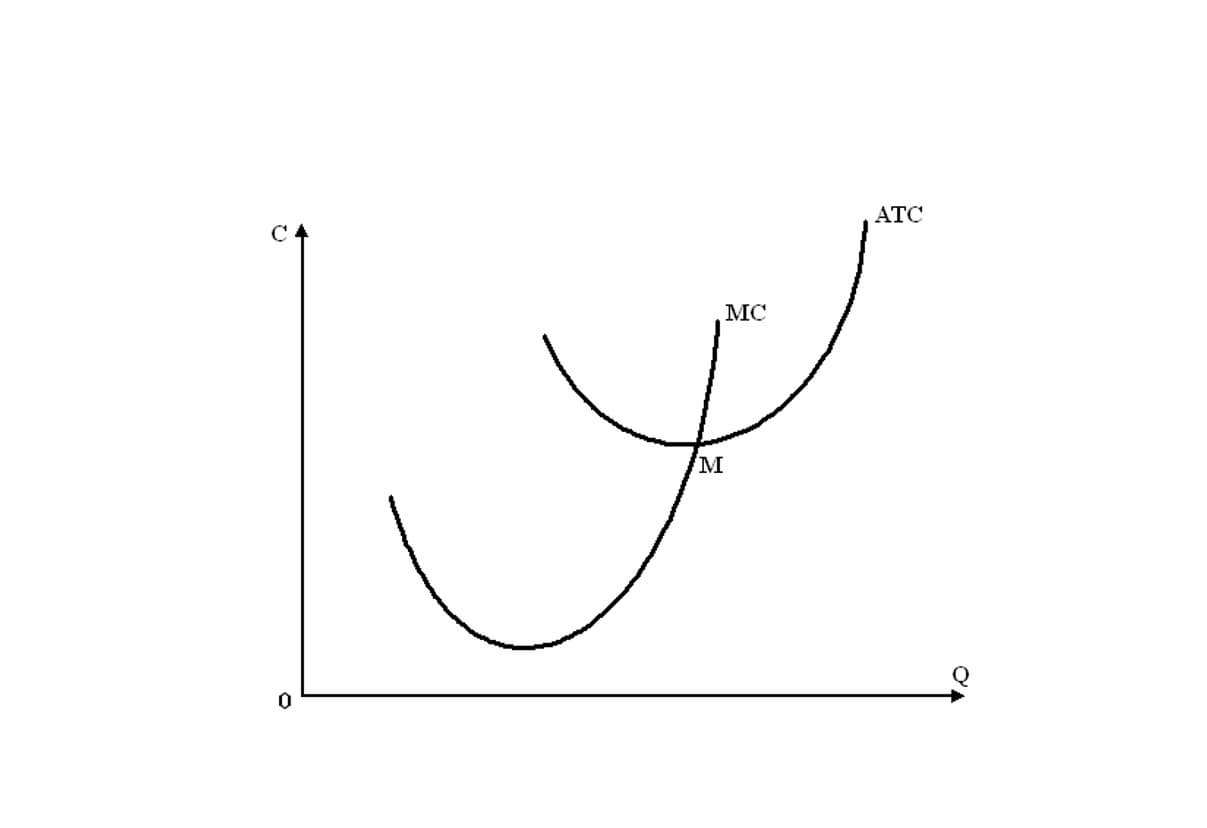
Recall that prepaid expenses are considered an asset because they provide future economic benefits to the company. If you are paying cash, you are again increasing one asset account at the insurance premium journal entry expense of the other because both cash and prepaid insurance are assets. Since you are using cash, your cash will fall and prepaid insurance will rise but total assets will stay the same.

Journal Entry for Insurance Premium Paid in Advance
- These adjustments typically occur at the end of each accounting period, and are akin to temporarily cutting off the flow through the business pipeline to take a measurement of what is in the pipeline.
- For the past 52 years, Harold Averkamp (CPA, MBA) has worked as an accounting supervisor, manager, consultant, university instructor, and innovator in teaching accounting online.
- In this case, buying insurance for these assets is a way that they can mitigate the unexpected major loss that could end up destroying the business as a whole.
- Prepaid expenses are initially recorded as assets, because they have future economic benefits, and are expensed at the time when the benefits are realized (the matching principle).
- Consider removing one of your current favorites in order to to add a new one.
- The company usually purchases insurance to protect itself from unforeseen incidents such as fire or theft.
There are various types of insurance cover available to small businesses and business owners so we’ll have a look at those and how best to treat them in the accounts. The good news for companies about such types of insurance is that they can be deducted from tax liability as a business expense. However, most companies can deduct such expenses on their income tax forms in order to get a tax break. Property, liability, and casualty insurance is usually sold as a bundle. Obviously, property insurance covers the building and land that a company owns, as well as whatever is inside.
Accounting Process for Prepaid or Unexpired Expenses
Life Insurance Premium of the proprietor is considered to be a personal expense of the proprietor and hence is treated as Drawings by the business. Deloitte refers to one or more of Deloitte Touche Tohmatsu Limited, a UK private company limited by guarantee (“DTTL”), its network of member firms, and their related entities. DTTL and each of its member firms are legally separate and independent entities. DTTL (also referred to as “Deloitte Global”) does not provide services to clients. In the United States, Deloitte refers to one or more of the US member firms of DTTL, their related entities that operate using the “Deloitte” name in the United States and their respective affiliates.

Prepaid Expenses: Definition
On 01 June 202X, ABC sign 12 months contract with the insurance company. Premiums from short-duration contracts shall be recognized as revenue over the period of the contract in proportion to the amount of insurance protection provided. The account in question is debited to record the related journal entry. Company-A paid 10,000 as https://www.bookstime.com/articles/sole-trader-bookkeeping insurance premium in the month of December, the insurance premium belongs to the following calendar year hence it doesn’t become due until January of the next year. One might find it necessary to “back in” to the calculation of supplies used. Assume $200 of supplies in a storage room are physically counted at the end of the period.
Insurance claim for inventory asset

Accrued revenues might relate to such events as client services that are based on hours worked. A balance day adjustment is required when an entity has paid for goods and services, like insurance, in advance. But they have yet consumed the economic benefits from that payment at the balance date. This is fancy accounting speak for when you have paid for something you have yet used; this might be an asset rather than an expense at the balance date.
- Suppose the total payroll on that date is $10,000 ($3,000 relating to the prior year (20X8) and another $7,000 for an additional seven work days in 20X9).
- This transaction will increase prepaid insurance and decrease cash from balance sheet.
- The expense would show up on the income statement while the decrease in prepaid rent of $10,000 would reduce the assets on the balance sheet by $10,000.
- For example, some companies may end up bankrupt if all of their inventory assets have been destroyed by the fire accident and they don’t have fire insurance to cover.
What was not stated in the first illustration was an assumption that financial statements were only being prepared at the end of the year, in which case the adjustments were only needed at that time. In the second illustration, it was explicitly stated that financial statements were to be prepared at the end of March, and that necessitated an end of March adjustment. We go into balance day adjustments in much greater detail in our accounting tutorial series here. Capital is the account used for showing how much personal money is used by the business owner to pay for business expenses.
Insurance Accounting Guide

Prepaid expenses are payments made in advance for goods or services that will be received or used in the future. When payment is made, either in full or with monthly payments, the bill will decrease, which means the accounts payable account will decrease. The transaction will reduce the prepaid insurance and increase the insurance expense on the income statement. Insurance expense is the charge that a company takes on for the insurance policy or policies it wants to protect itself and its workers.



